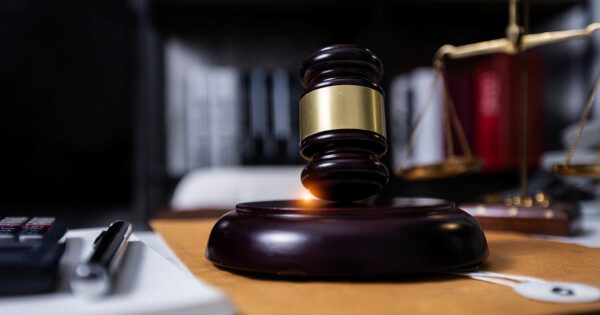The British Columbia Supreme Court case raises concerns about the reliability of AI in court proceedings, highlighting the need for regulation, education and ethical guidance for lawyers.
The Supreme Court of British Columbia is currently hearing a case that highlights the challenges and risks associated with the use of artificial intelligence in legal proceedings. This case is particularly notable in that it involved the filing of AI-generated lawsuits that were fabricated, marking an important moment for the Canadian legal system and potentially setting a precedent for the use of such technology in legal contexts worldwide.
The case arose when a lawyer identified in reports as Chong Ke used an artificial intelligence tool to generate legal notes for a family law dispute. This has resulted in fictional case law being brought to court, raising serious questions about the reliability of AI-generated content and the responsibilities of lawyers in verifying the accuracy of such information. The revelation of these false cases generated by artificial intelligence led to an investigation by the Law Society of British Columbia, with discussions surrounding the ethical and professional duties of lawyers in the age of artificial intelligence technology.
Legal and technology experts have highlighted the need for clear guidance and training for legal professionals on the limitations and appropriate use of AI tools. The incident highlighted the “hallucination problem” associated with AI language models such as ChatGPTwhere the generated text may appear consistent and factually correct, but may contain inaccuracies due to training the models to generate human text without a basis in verifiable facts
The legal community and regulators are now grappling with how to balance the benefits of AI technology with the need to maintain the integrity of legal processes. There are calls for the development of more specialized and accurate AI models for legal use, as well as comprehensive training and education programs for lawyers to ensure they are prepared to use these tools responsibly. The outcome of this case and the actions taken by the Law Society and other stakeholders may provide valuable lessons and guidance for the integration of AI into legal practice in the future.
As the Supreme Court of British Columbia prepares to rule on liability for costs in this case, the legal profession and the public are watching closely for indications of how Canadian courts will navigate the complex interplay between technological innovation and fundamental principles of justice. This case may serve as a seminal moment in defining the role of AI in the legal sector, highlighting the importance of vigilance, scrutiny and ethical considerations in the use of emerging technologies
Image source: Shutterstock

